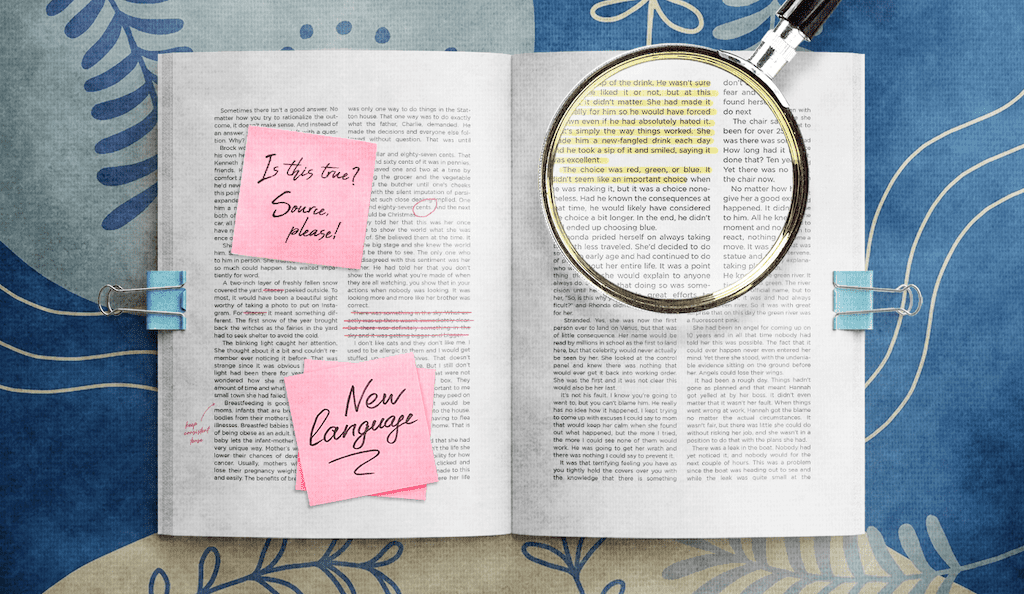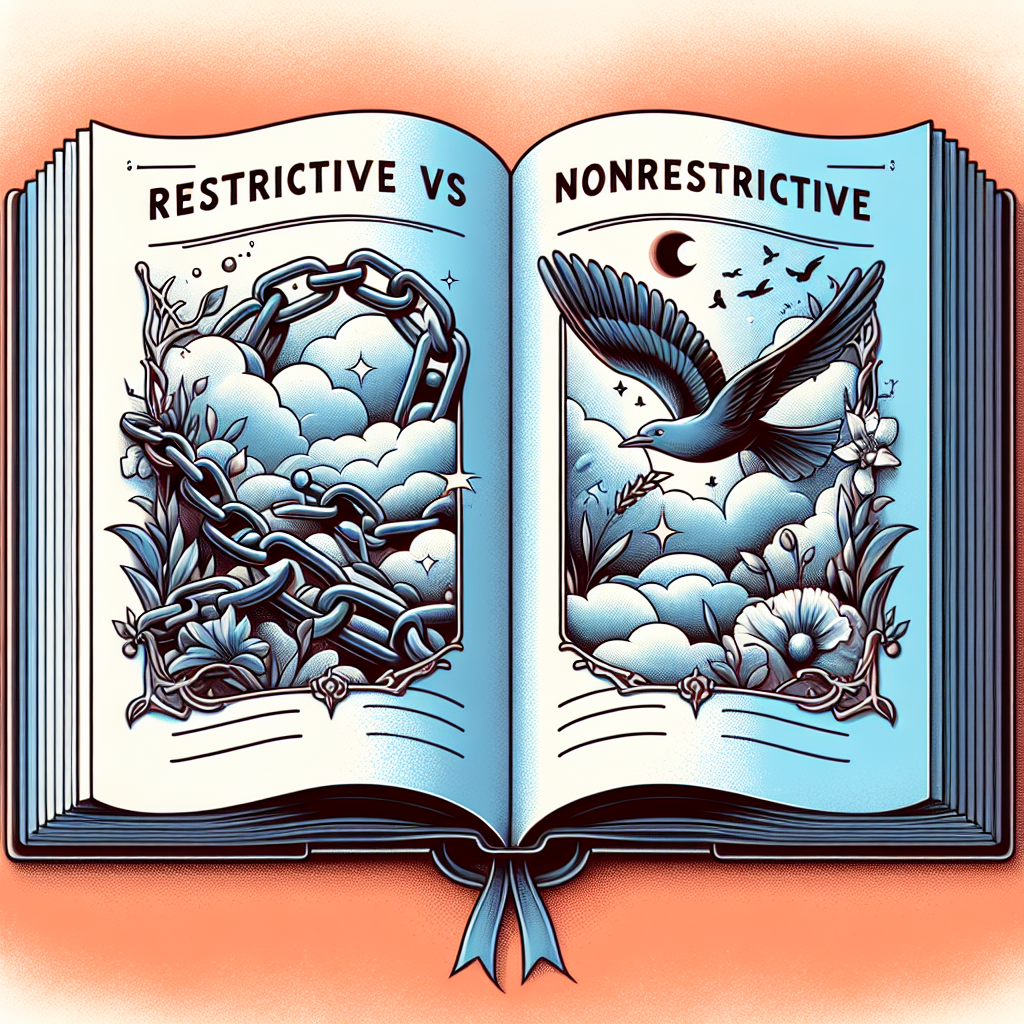What is a Fiction Proofreader, how does it work, and how can it help you?
There is a lot of confusion around what a fiction proofreader does. This article will clarify some of that confusion and explain how it can help you.
A fiction proofreader’s job is to read through your story and make sure that it follows all the rules of writing, such as spelling, grammar, formatting, etc. They are also looking for anything that could distract from the story’s flow or confuse your readers.
Is There Fiction Editing Software?
Yes. Many software packages can help with fiction editing. Some of the most popular are Scrivener, Scapple and Storyist. They can help you lay out your story and create an outline and story arc.
Grammarly has a creative setting that helps with fiction writing. Of course, editing software should be used to move the first draft to the second or third, but software does not replace a real editor. Need proof? Get a sample edit.

Who Needs a Fiction Proofreader
Proofreading is reading a text and correcting any errors to make it clear, concise, and accurate. It is most often done in the context of publishing, but it can also be used in other contexts such as a classroom or workplace setting.
The need for proofreaders has grown with the increase in demand for written content. In addition, as more people have written professionally, more errors need to be corrected.
A fiction proofreader’s job is to read through a manuscript and correct any errors. They will also make sure there are no inconsistencies within the story or with previously published texts by the author.
What You Should Know Before Hiring a Fiction Proofreader
As a writer, have a fresh set of eyes on your work before publishing it. A fiction proofreader’s job is to go through your manuscript and correct any grammar, spelling, or punctuation mistakes. They also ensure that the story makes sense and flows smoothly from one chapter to the next.
Should I Hire an Editor For My Novel?
The role of an editor is to improve the quality of a manuscript by providing feedback on grammar, syntax, and style. In addition, an editor can help you identify plot holes and inconsistencies in your work. They also provide insight into what a reader may find confusing or hard to follow.
The most important thing to remember when hiring an editor is that they are not there to rewrite your book for you. You want them to focus on the editing process and not do the writing themselves.
If you are looking for someone who can help with both content and language, then it would be best if you hire an editor who has experience in both areas.
Different Types of Editing You’ll Need from Your Fiction Editor
The editor is the person who analyzes and critiques your work to make it better. There are many different types of editing that you’ll need from your fiction editor.
1. Line editing: This is the most advanced sentence-level type of editing, and it involves correcting grammar, punctuation, spelling mistakes and typos and light rewriting for sentence structure.
2. Copyediting: This editing focuses on style, grammar, punctuation, tone and sentence-level redundancies.
3. Developmental editing: This editing focuses on improving the structure and flow of your work by reworking plot points or character arcs to make them more compelling for readers.
4. Substantive editing: This editing helps with storylines and plots. It helps organize the flow on a content level.
How to Find the Right Creative Writing Editor For Your Project
As a content creator, you never want to compromise on the quality of your writing. Therefore, you need an editor who will ensure that your content is well-written and error-free. But how do you find the right creative writing editor for your project?
Here are tips to help you out:
1. Find out what type of editing services they offer: The first step is to find out what kind of editing services your potential creative writing editor offers. A good editor should be able to provide a range of different editing services for different projects. For example, copyediting for fiction or developmental editing for non-fiction.
2. Check their credentials: Next, check their credentials – make sure that they are qualified in their field and have relevant experience in the subject.
How to Spot an Unprofessional Fiction Book
The first thing to look for is the cover. If it has a stock photo of a person’s face, that is a red flag. In addition, an experienced and professional graphic designer should design the cover.
The next thing to look at is the title. If it’s just a bunch of words in all caps, that’s not good either. A professional fiction book will have a title that sounds like it belongs on the shelf in Barnes and Noble or other big bookstore chains.
If you see any typos or grammatical errors on the back-cover blurb, then chances are this book was self-published and not professionally edited, which means there are likely many more mistakes throughout the story.
Choosing the Best Fiction Book Formatting Service
There are many different formats for fiction books. They all have their pros and cons. I will go through the most popular formats and discuss their strengths and weaknesses.
You want design elements like flourishes that match the theme of the book. Epic fantasy? You need elements that push the theme. Space thriller? Same idea. You want the book to look the part. That means header fonts, flourishes, and layout sync with the content. While getting the book edited, ask your editor who they recommend for the type of book you wrote. They often have contacts and can recommend a great match.
What Professional Book Reviewers Look for in a Story
Professional book reviewers are critical for authors and publishers. They are the first point of contact for potential readers, and they can make or break a story.
It’s not easy to be a professional book reviewer, though. First, they must read many books, so they need to find the time to do it and stay motivated enough to keep reading even when they don’t like what they’re reading.
Book reviewers are not just about telling readers whether a story is worth reading – there is so much more that goes into it than that! A good fiction proofreader will know the needed elements and look for what makes a great story. Then, they can give you tips and recommendations to get rave reviews about your book.
How to Make Your Story Stand Out in a Sea of Books
This is the age of information. There are millions of books globally, and people read more than ever before. So how can you make your book stand out with so many books to choose from?
The first thing to do is to find your voice. What makes your book different? What sets it apart from every other book in the world?
People have different tastes and interests, so it’s important to figure out what they want and give it to them.
Here are ways that you can do this:
1) Figure out what genre they enjoy most and write a book that fits into that genre. 2) Figure out their past reading habits and write a story like something they have read before. 3) Learn about their favorite authors
Writing Tips For Fiction Writers
These tips will help you write a compelling story that is believable and realistic.
Write about what you know. To be a writer, your life is your material. So write about the things familiar to you or that interest you.
Create a character sketch for each of your main characters before writing about them in detail. This will show readers who they are and what they are like. It will also help develop dialogue because it will be easier to create conversations between people with some history together.
Don’t worry about the beginning and end of your story at first – focus on getting into the middle, where all the action happens first! Then come back and work out how it begins
Take Charge of Your Story by Hiring a Proofreader or Editor
Proofreading and editing are must-have processes of the writing process. They help writers to make their content more readable and coherent.
Writers can hire a proofreader or editor to review their work before submitting it for publication. Proofreaders and editors also provide valuable feedback on the text, which can help writers improve their work in the future.
What is the importance of Fiction Proofreading?
Fiction proofreading is an important part of the copywriting process. It is a professional task that requires a thorough understanding of the subject and the ability to identify errors in grammar, punctuation, spelling, and word usage.
Fiction proofreading is an essential part of the copywriting process. It requires a thorough understanding of the subject and the ability to identify errors in grammar, punctuation, spelling, and word usage.

What is the importance of Copyediting?
Copyediting is reviewing written material for grammatical errors, typos, and other mechanical errors.
Copyediting is an essential step in the publishing process. It ensures that the final product is free from any errors. For example, a good copyeditor can ensure that a writer’s meaning isn’t lost in grammar mistakes or typos.
It is also important to know there are different types of copy editors: developmental editors, substantive editors, and line editors.
The Challenges of Traditional Proofreading VS Modern Proofreading
Traditional proofreading is reading through a text and correcting any mistakes and formatting issues. Proofreaders must be careful not to change the meaning of the text as they are correcting errors. Modern proofreading is more of a light edit focusing on grammar but is done before formatting occurs.
Conclusion & Tips for Writers Hiring a Fiction Proofreader
In conclusion, hiring a fiction proofreader is a good idea because they can provide valuable insight and help you make your manuscript the best it can be.
Tips for Writers Hiring a Fiction Proofreader:
– The first step in this process is to decide if you want to hire someone who specializes in fiction or non-fiction.
– After that, find someone who has experience as an editor or proofreader.
– Also look for someone who has experience with the genre of your book.
-
restrictive vs nonrestrictive clauses
Restrictive vs Nonrestrictive Clauses In the English language, clauses play a crucial role in adding context and detail to sentences. One type of clause that often causes confusion is the restrictive clause versus the nonrestrictive clause. But what exactly are these clauses, and how do they differ? Let’s dive in and explore this perplexing topic.…
-
Self-Publishing Strategies For Series Books
Self-Publishing Strategies For Series Books When it comes to self-publishing a series of books, authors often find themselves facing a unique set of challenges. From maintaining consistency across multiple books to keeping readers engaged from one installment to the next, the task can certainly be daunting. In this article, we’ll explore some strategies that can…
-
Top Platforms For Editing Work
Top Platforms For Editing Work In today’s digital age, editing work has become increasingly popular. From proofreading documents to editing videos, there are a variety of platforms available for freelance editors to showcase their skills and find potential clients. Online Editing Work Platforms One of the most well-known platforms for editing work is Editmojo. Editmojo…


